Digital scams targeting BISP and Ehsaas Program 8171 beneficiaries are increasing in Pakistan. Fraudsters send fake SMS or WhatsApp messages pretending to be from official sources, tricking people into sharing personal details or paying money.
This guide will help you recognize fake messages, stay safe, and protect your payment information.
What Are Fake BISP 8171 Messages?
Scammers send messages that:
-
Claim you have received a payment (e.g., Rs. 12,000 or Rs. 27,000).
-
Ask you to call or WhatsApp another number.
-
Do not come from the official 8171 sender ID.
-
Often contain spelling errors, suspicious numbers, or urgent requests.
How to Recognize a Real BISP Message
Official BISP messages:
-
Always come from 8171 only.
-
Never ask for personal details over WhatsApp or calls.
-
Do not request payment or fees to release aid.
-
Are short, clear, and free from errors.
Risks of Responding to Fake Messages
-
Loss of your BISP payment.
-
Theft of your CNIC and personal details.
-
Fraudsters could use your identity for more scams.
-
Pressure to send money or reveal financial details.
Read in Urdu
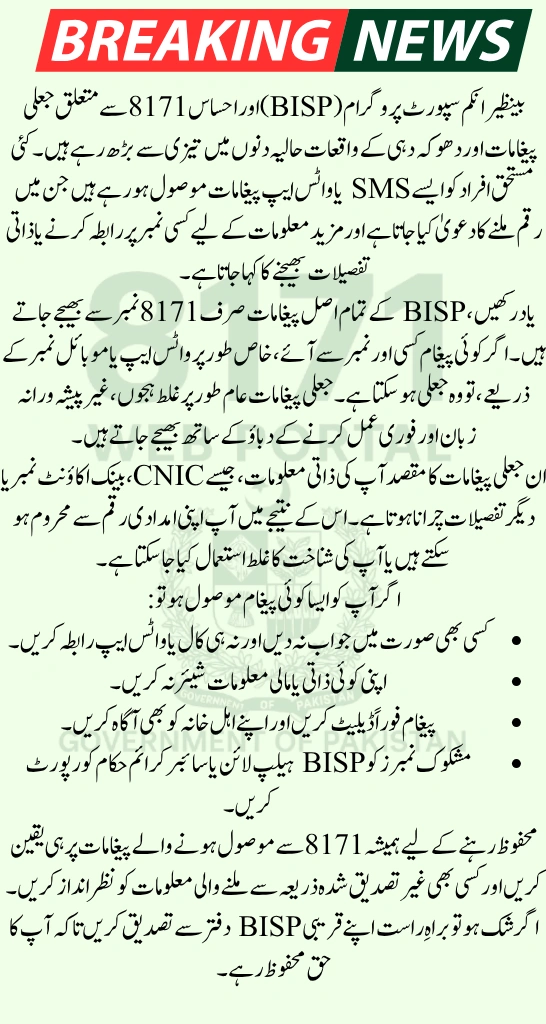
How to Check If a Message Is Genuine
-
Verify the sender – Only trust 8171.
-
Ignore unknown WhatsApp numbers.
-
Check the language – Poor spelling and urgent tone are red flags.
-
Confirm payment status – Send your CNIC to 8171 or check via the official BISP portal.
What to Do If You Get a Fake Message
-
Do NOT reply, call, or send details.
-
Delete the message immediately.
-
Inform your family to avoid falling for the scam.
-
Report suspicious numbers to the BISP helpline or cybercrime authorities.
Also Read: BISP 8171 August 2025 Payments – Eligibility, CNIC Check & Double Installment Guide
Safety Tips for All Beneficiaries
-
Only trust information from 8171 or official BISP offices.
-
Never share your CNIC or bank account details with strangers.
-
Keep your phone secure and block scam numbers.
-
Visit your local BISP office if you have any doubts.
FAQs
Q: How can I confirm if a message is from BISP?
A: Only messages from 8171 are genuine.
Q: Can I lose my payment if I reply to a scam?
A: Yes, sharing personal details can put your funds at risk.
Q: Should I report scam numbers?
A: Yes, report them to your mobile provider or the BISP helpline.
Conclusion
Fraudsters target BISP and Ehsaas beneficiaries because they expect payments. Protect yourself by trusting only 8171 messages, avoiding random WhatsApp numbers, and checking your status through official channels. Your CNIC and payment details are private—keep them safe to ensure you receive your rightful support.
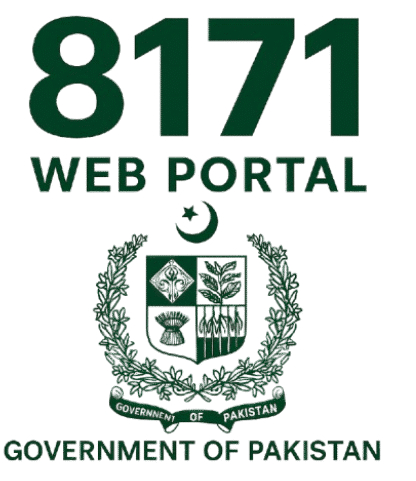
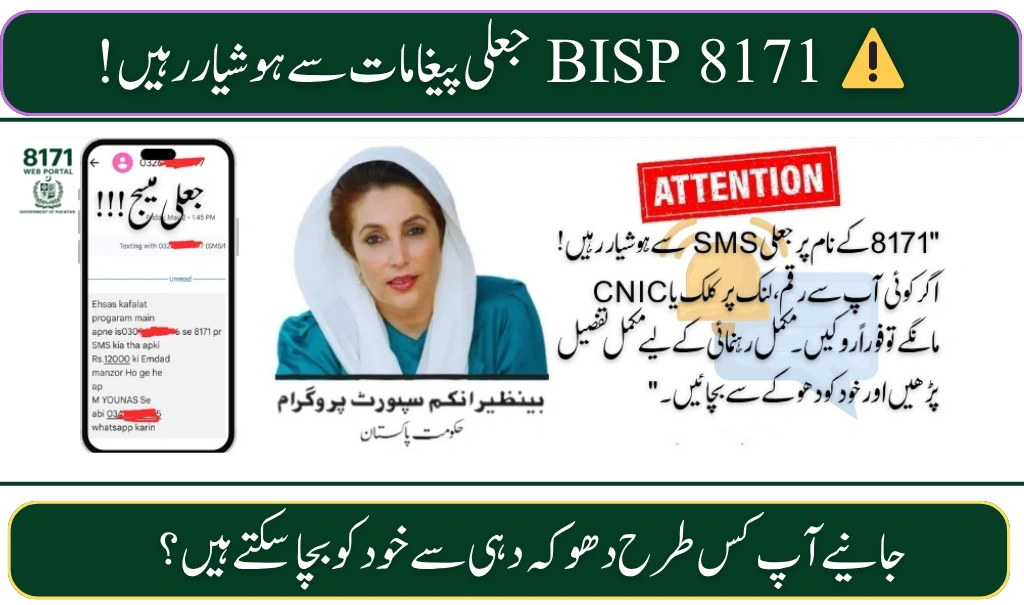
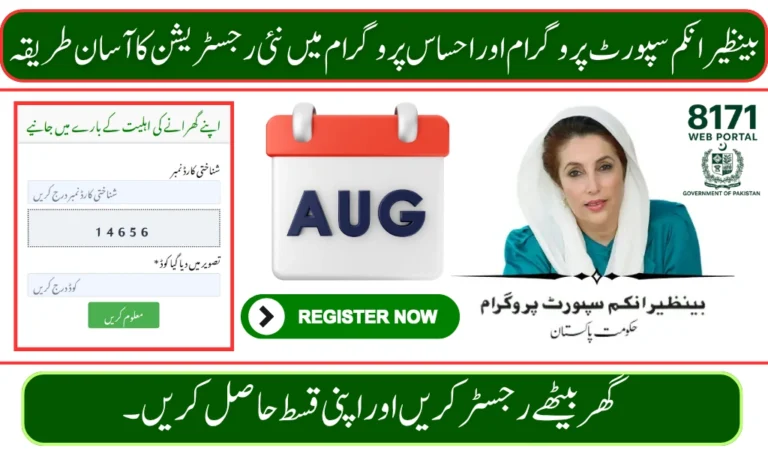
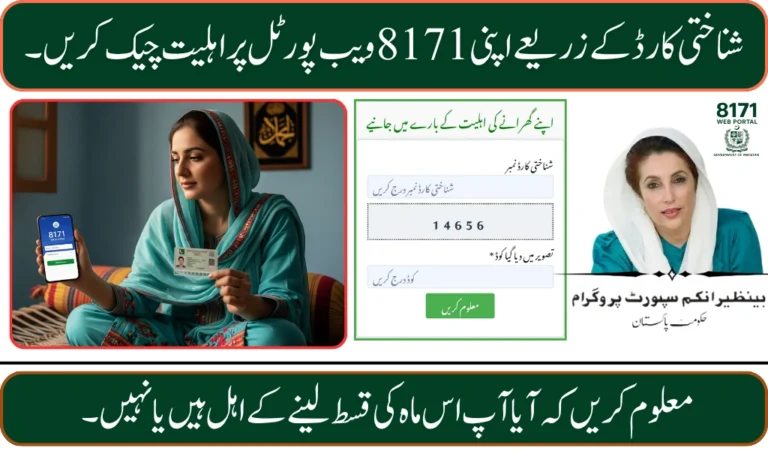

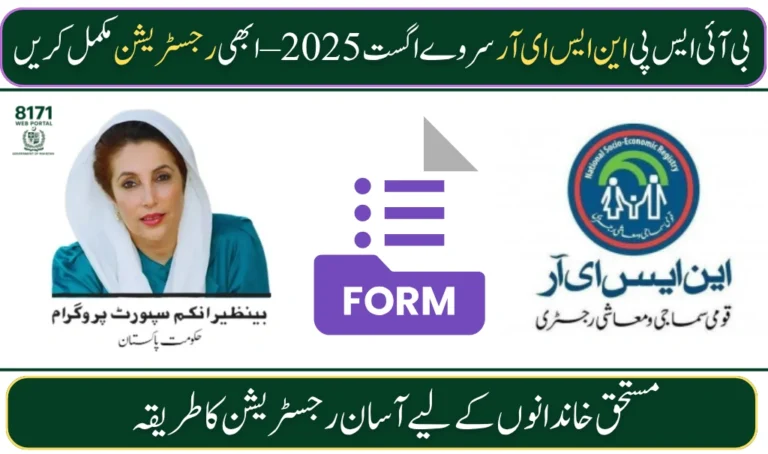
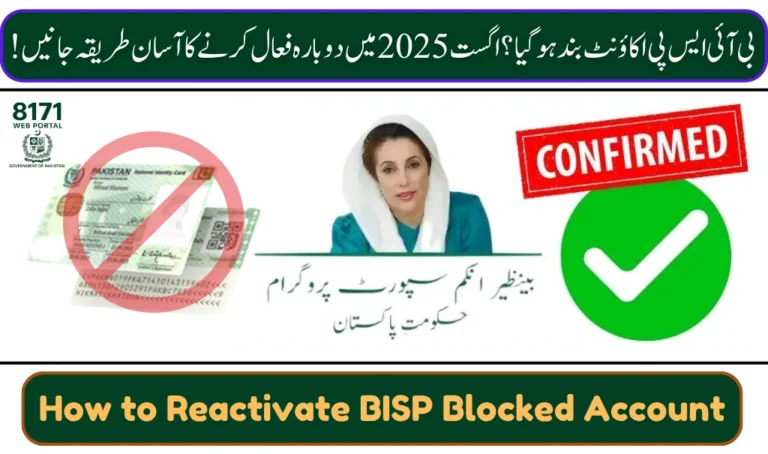
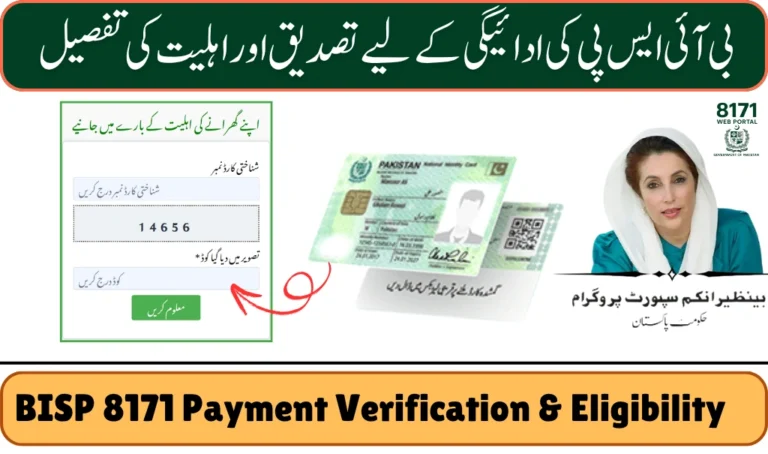
Plzzz help me